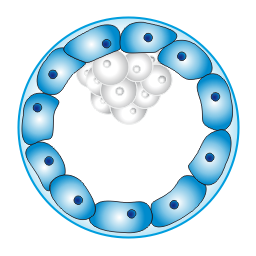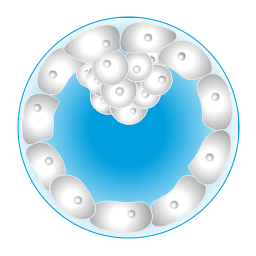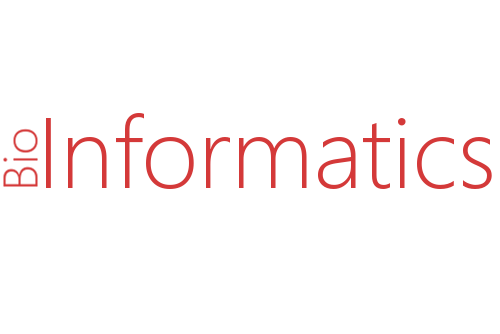|
|
|
Numerical and structural chromosomal imbalances are one of the most significant and pathogenetically relevant features in humans. Differences in genomic content contribute to our uniqueness influencing most traits including susceptibility to disease.
The ability to study chromosomal abnormalities has important and useful scientific, clinical and diagnostics implications particularly in the field of inherited diseases, but also in other context such as cancer and human reproduction (mainly those requiring IVF procedures). Nonetheless, this application could be extended also to animal and/or animal models where the screening cell approach is necessary to investigate chromosomal aberrations.
Chromosomal aberrations represent imbalances in the correct chromosome number and structure and therefore are invariably responsible for disruption of normal developmental processes in human and animals. Microarray, particularly based on Comparative Genomic Hybridization (CGH), is one of the well- known technique useful to detect and map chromosomal asset, on a genomic scale, in a single experiment. However, depending on their design, microarrays provide a distinct advantage over conventional cytogenetic analysis because they have the potential to detect the majority of microscopic and sub-microscopic chromosomal abnormalities over the whole genome under investigation. Each microarray platform, in order to be interpreted and give clinically relevant information, needs dedicated tools.
GeneGIS SA proposes at first to offer solution/know-how, residing in the company, that are related to a software package useful for the analysis and management of image, raw data and clinical information coming from array-CGH and clinical practice .
Such kind of software or solutions/tools, belonging to Bio-informatics and Medical Informatics Sciences, could help every field of research and clinical evaluation in life science. A Bioinformatics Facility has the potential to develop tools for managing (storing, retrieving, organizing) and analyzing biological data generating scientific and clinically relevant knowledge. Bioinformatics or Medical Informatics solutions help researchers and scientists in many areas of biology, in genetics, in proteomics and in clinical medicine. In detail, biology takes advantage from bioinformatics software to analyse biological pathways and networks and to evaluate molecular interactions; genetics benefits in the understanding and diagnosis of DNA-based diseases; proteomics succeeds in the understanding of proteins functions and structures; clinical practice takes advantages in big data management increasing efficiency of medical processes.
More generally, the Life Science/BioMedical Informatics procures solutions useful in different fields helping diagnosis (i. medical imaging, genetics, proteomics) and for this peculiarity it will have a crucial role in the global clinical diagnostics market ensuring faster, automated, easy-to-use and safe solutions.
Besides the software, developed by GeneGIS’ technicians, the package offering includes the conception and development to third parties of a database for filing and managing data relating to each performed analysis session, different tools for clinical management of patients and related diagnosis. In particular, the software package is suitable for the analysis of 16-bit tiff format images obtained by scanning microarray slides. This is designed for the identification of genetic diseases and any chromosomal number abnormalities (aneuploidy) of DNA in pre-implantation, pre-natal and post-natal genetic fields. Bio-Soft is, in fact, designed for the analysis of arrayCGH images using different DNA samples extracted from many sources, including peripheral blood lymphocytes or fetal blood, oocytes or derived polar bodies and spermatozoa, blastomeres of embryos and any associated biopsy, chorionic villi, amniotic fluid cells, skin, bone marrow, fetal tissues (e.g. lung, liver), solid tumors, and ascites.



